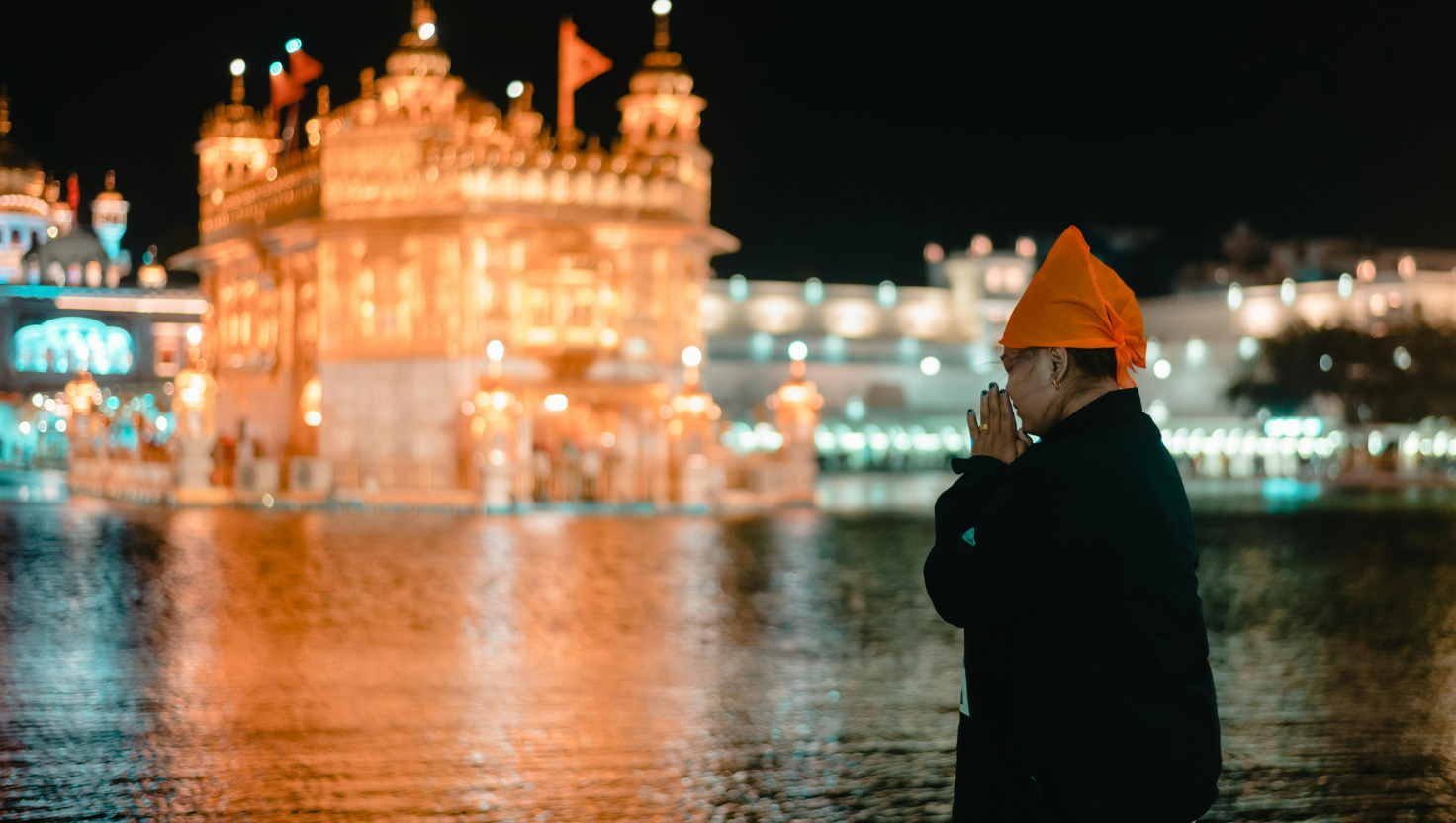Guru Nanak Jayanti: Why It Is Celebrated on 5 November
The Life and Legacy of Guru Nanak Dev Ji
Born in 1469 in Talwandi (now known as Nankana Sahib, Pakistan), Guru Nanak Dev Ji was a spiritual reformer who challenged social inequality, religious divisions, and superstitions. From a young age, he showed a deep interest in spirituality and questioned discrimination between humans.
His core message was simple yet powerful:
“Ik Onkar” — There is one God. All humans are equal, regardless of religion, caste, or status.
Guru Nanak Dev Ji traveled extensively across India, Tibet, Sri Lanka, the Middle East, and Central Asia to spread his teachings of universal brotherhood and oneness.
Why Guru Nanak Jayanti Is Celebrated
Guru Nanak Jayanti honors his life, message, and spiritual contributions. The festival is celebrated with great devotion because:
- He Taught Equality — Guru Nanak rejected caste-based discrimination and emphasized that all humans are equal before God.
- He Promoted Honest Living — His principle of “Kirat Karo” encouraged people to work honestly and ethically.
- He Encouraged Sharing and Selflessness — Through “Vand Chhako,” he inspired communities to share resources and help those in need.
- He Spoke Against Blind Rituals — Guru Nanak advocated for simple, direct devotion to God instead of complex rituals.
- He Gave the World the Sikh Faith — Sikhism as a philosophy of compassion, courage, and service originates from his teachings.
How Guru Nanak Jayanti Is Celebrated
Guru Nanak Jayanti is celebrated with deep devotion and community spirit. Common practices include:
- Prabhat Pheris — Early morning processions where devotees sing hymns while walking through local streets.
- Akhand Path — A 48-hour continuous, uninterrupted recitation of the Guru Granth Sahib, symbolizing eternal wisdom.
- Nagar Kirtan — A grand procession led by the Panj Pyare (Five Beloved Ones). Devotees sing kirtans while the holy scripture is carried on a beautifully decorated palanquin.
- Langar (Community Kitchen) — Free food served to all—rich or poor—without discrimination. This tradition was started by Guru Nanak himself.
- Decorated Gurudwaras — Gurudwaras beautifully illuminated with lights, flags, and flowers.
- Kirtans & Discourses — Special programs are organized where spiritual songs and Guru Nanak’s teachings are recited.
- Seva (Selfless Service) — People engage in cleaning, cooking, helping the poor, and acts of charity.
Why the Date 5 November Matters in Some Years
When Guru Nanak Jayanti falls on 5 November, it often becomes a momentous occasion because:
- It aligns with a period of festivals like Diwali and Kartik Purnima, creating a highly spiritual atmosphere.
- Many Sikh historical events also fall near the same lunar period.
- Large gatherings, grand langars, and special global events are organized when this auspicious date aligns.
Thus, the celebration on 5 November is a result of the lunar calculation rather than a fixed calendar date.
Guru Nanak’s Universal Message for Today
Even in modern times, Guru Nanak Dev Ji’s teachings remain incredibly relevant:
- Promote peace over division
- Support gender equality
- Work honestly
- Help others without expecting anything
- Respect all religions
- Protect nature
- Stand against injustice
His vision for a world filled with kindness, truthfulness, and unity continues to inspire millions worldwide.

